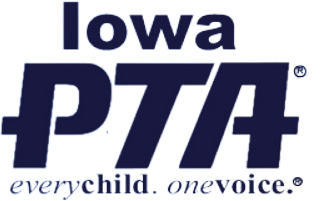Officers and Committees
Duties of Officers
The officers needed in every PTA unit include:
- President
- Vice President Or President-Elect
- Secretary
- Treasurer
Officers are nominated and elected according to the guidelines specified in the local unit’s bylaws. The bylaws also specify the length of the term each officer serves as well as the number of consecutive terms an individual may serve in one position.
– Duties of Committee Chairs
There are two types of committees that serve a local PTA unit: standing and special.
A standing committee is a committee that performs an ongoing function. The National PTA recommends that standing committees for a local PTA unit include:
- Bylaws
- Finance
- Family
- Engagement/Leadership
- Legislative
- Membership
These committee designations represent the major areas that local units should focus their time and efforts on.
All other committees are called special committees and perform tasks specifically assigned to them. Special committees are formed as needed and are generally dissolved after their assigned task is completed.
Common Special Committees include:
Reflections
Carnival
Committee chairman are generally appointed by the President and approved by elected officers of the local unit. The length of the terms standing committee chairman serve is generally the same as that of officers. Special committee chairman generally serve as chairman of the committee until the assigned task is completed.
IMPORTANT!
After elections, each local unit must notify the Iowa PTA Office of the name, address, phone number, and email address of all newly elected officers and chairpersons. Providing this information to the PTA Office each year is one of the requirements for a local unit to remain in good standing. This is also how Iowa PTA knows who to communicate with for important information and to provide support.
You may use the following form to submit the names of your officers to the Iowa PTA Office: New Officer Form
More information about the duties of elected officers, parliamentary procedures, and guidelines for conducting meetings can be found in the PTA President’s Quick-Reference Guide at http://www.pta.org/reference_guides.asp
